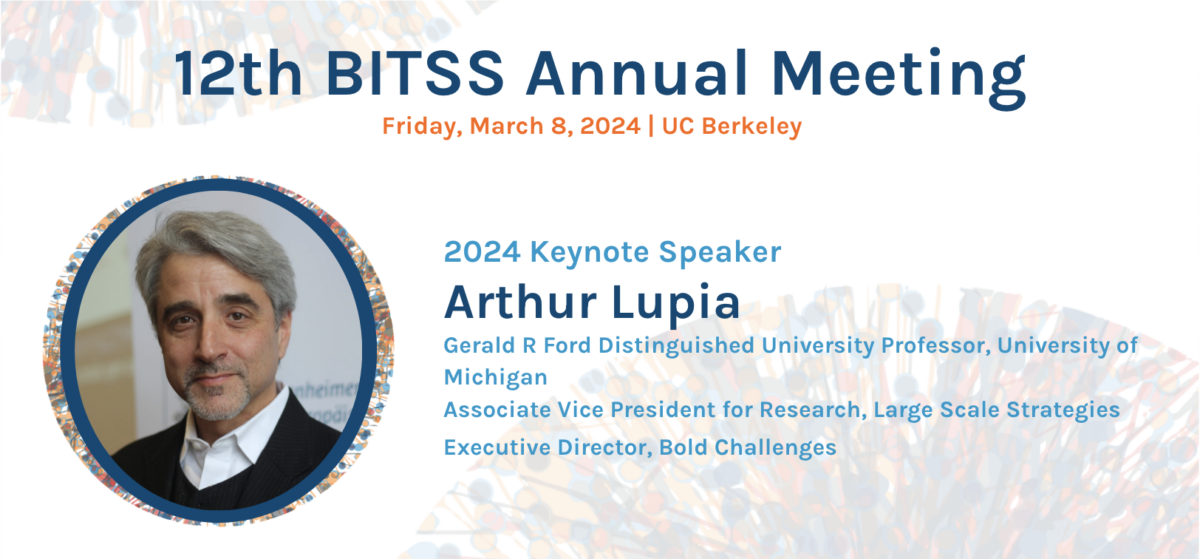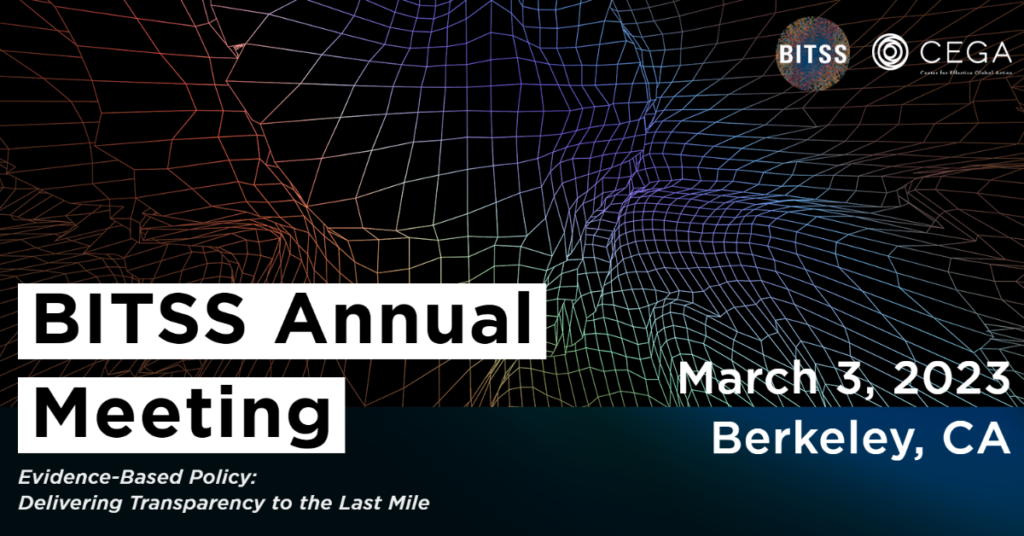2014 Research Transparency Forum

The movement towards more reproducibility and openness has gained a lot momentum in the social sciences. Yet, the norms and institutions that govern academic research do not reflect this culture shift. Problems remain, including professional incentives that reward striking and statistically significant research findings at the expense of scientific integrity.
Increasing the reliability and accuracy of scientific evidence requires well-defined standards of methodological rigor. At the same time, new tools and strategies to increase research transparency must be integrated into existing research workflows to facilitate adoption. As the social sciences reinvent their practices around data, it is absolutely the right moment to build new channels of collaboration, cross-learning, and dissemination for innovative, open research practices.
The conference brought together academic leaders, scholarly publishers and policy-makers to discuss recent innovations in journal practices, academic training, data sharing, and evidence-based policy in light of the push for increased transparency.
For Further information please visit the BITSS website.
Vidoes
Annual Meeting (YouTube Playlist)
Paper Presenetations
- Neil Malhotra (Stanford University): “Publication Bias in the Social Sciences: Unlocking the File Drawer”
- Uri Simonsohn (University of Pennsylvania): “False-positive Economics”
- Maya Petersen (UC Berkeley): “Data-adaptive Pre-specification for Experimental and Observational data”
- Arthur Lupia (University of Michigan) and Colin Elman (Syracuse University): “Data Access, Research Transparency, and the Political Science Editors’ Joint Statement”
- Jan Höffler (University of Göttingen): “ReplicationWiki: A Tool to Assemble Information on Replications and Replicability of Published Research”
- Garret Christensen (BITSS): “A Manual of Best Practices for Transparent Research”





